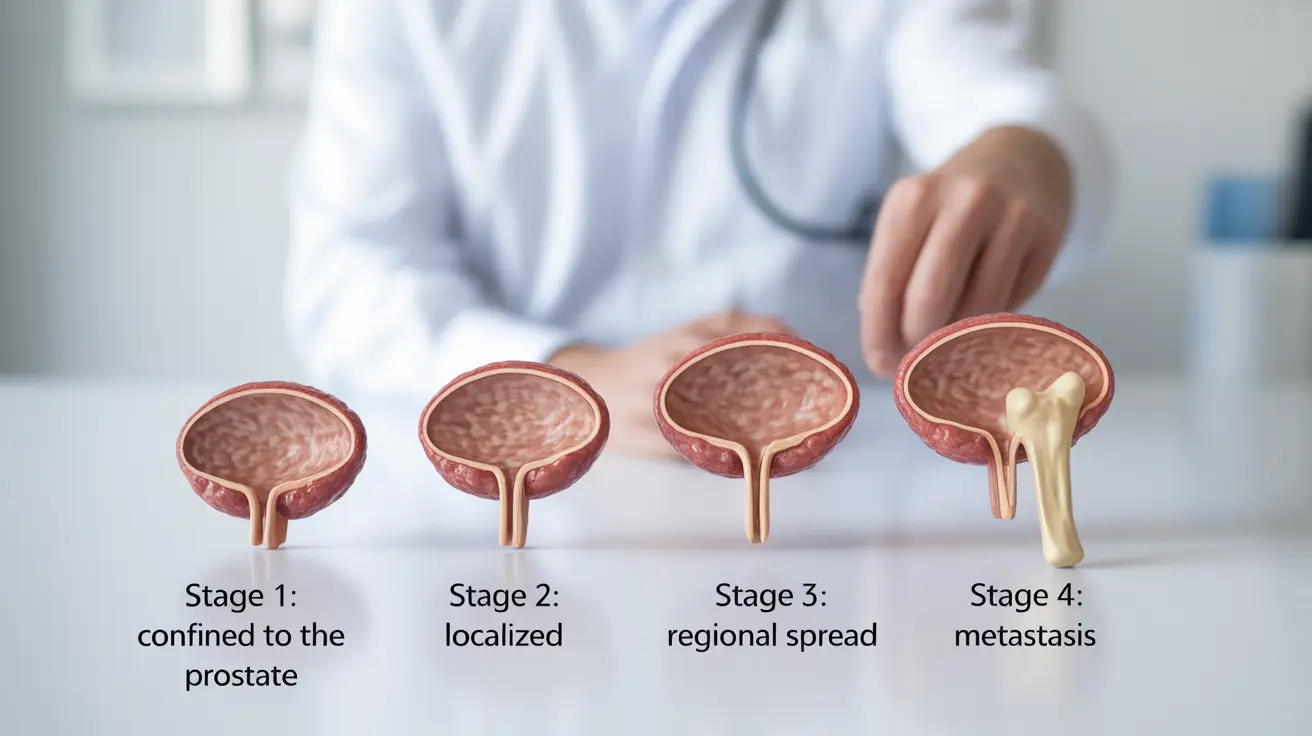Weight loss discussions can be a minefield of emotions, laden with sensitivity and vulnerability. Many people feel exposed when discussing their weight, and these conversations can easily spiral into feelings of shame, guilt, or insecurity. Therefore, it's crucial to approach the topic with empathy and support, creating a safe and encouraging environment for your partner to share their concerns and work towards their goals.
Understanding the Impact of Words
In any relationship, the power of language is profound. Words can either uplift or tear down, motivate or discourage. Positive language can boost motivation and confidence, while negative comments can reinforce the problem and hinder progress. Criticisms or jokes about weight can make your partner feel worse about themselves and undermine their efforts, potentially leading to disordered eating behaviors and other psychosocial issues. Validation, on the other hand, is essential in supporting your partner's weight loss journey. Acknowledge their efforts and progress, rather than focusing on flaws or shortcomings.
Effective Communication Strategies
When discussing weight loss, it's important to use a supportive and gentle approach. Avoid nagging or pressuring your partner, as this can create tension and resistance to change. Instead, focus on positive reinforcement by acknowledging small victories and efforts. For instance, you might say, "I really appreciate you trying to eat healthier this week. It's making a big difference!" Encouragement is a powerful motivator. Expressing support and belief in your partner's abilities can help them stay motivated and committed to their goals.
Creating a Supportive Environment
One of the best ways to support your partner is by participating in healthy activities together. Engage in joint workouts or cook healthy meals as a team. This can help create a sense of teamwork and shared responsibility. Suggest workouts or activities that you both enjoy, without pressuring your partner to participate. This can make the experience more enjoyable and less intimidating. Cooking meals together, focusing on healthy recipes, can be a fun and collaborative way to support each other's dietary goals.
Avoiding Common Pitfalls
It's important to avoid highlighting flaws or making jokes about weight. These comments can be hurtful and undermine your partner's confidence. Guilt and shame are counterproductive to weight loss efforts, as they can lead to feelings of hopelessness and make it harder for your partner to stick to their goals. Understand that your partner is already aware of their weight concerns, so avoid bringing up these issues unless they are willing to discuss them.
Alternative Motivational Techniques
Consider using incentives and rewards to motivate your partner. Non-monetary incentives, such as praise or special activities, can be particularly effective. Positive reinforcement through non-monetary means, like acknowledging small victories or planning special activities, can be very motivating and supportive. Examples of thoughtful incentives include planning a fun activity after reaching a milestone, writing a heartfelt note, or simply expressing gratitude for their efforts.
In conclusion, supporting your partner's weight loss journey requires empathy, positive reinforcement, and a supportive environment. Patience, understanding, and love are critical throughout the process, helping to maintain a strong and supportive relationship. Encourage your partner to focus on overall well-being and relationship strength, supporting their journey not just for their health but also for the health of your relationship.
Take a moment to reflect on your approach to supporting your partner's weight loss journey. Consider making positive changes to better support them and invite others to share their own experiences and tips. By doing so, you can create a community of support and provide valuable insights for others.
FAQ
How can I bring up the topic of weight loss without making my partner feel uncomfortable?
Approach the topic with empathy and support. Make sure the conversation is about overall health and well-being rather than focusing solely on weight. Use positive language and express your willingness to support them in their journey.
What are some non-monetary incentives I can use to motivate my partner?
Non-monetary incentives can include planning a fun activity after reaching a milestone, writing a heartfelt note of encouragement, or expressing gratitude for their efforts. These gestures show care and support without focusing on material rewards.
How can I avoid making my partner feel guilty or ashamed about their weight?
Avoid making jokes or highlighting flaws related to weight. Focus on positive reinforcement by acknowledging their efforts and small victories. Understand that guilt and shame are counterproductive and can hinder their progress. Encourage open communication and offer support without judgment.




